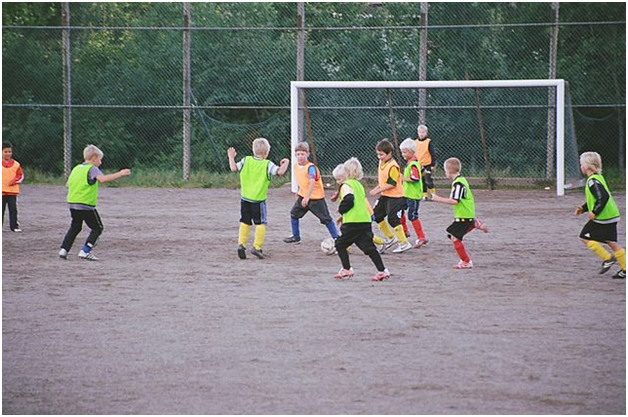If you are a parent of a football-playing child, you are probably practised at ferrying them from game to game and standing around in all weathers on the side of a muddy football pitch, cheering them on; however, you may not be sure how to help them cope with a competitive sport and make the progress they want.

To help you, here are five top tips for football parents:
Know the sport
It is not only your child who will be doing the learning when they start a new sport. You should also make sure you understand the rules; otherwise, how are you going to talk to them about it?
Do some reading so that you know the basics, and take an interest in any referee decisions made so that you understand what is going on.
Start with the basics
It should really go without saying, but any sport needs to be learnt from the ground up. There is no point enrolling your child in an advanced course if they have never kicked a football.
It is important for them to master the basic skills before taking it further.
Communication is key
Learning not only how to talk to your child but also how to listen to what they are telling you is essential if you want to be a supportive football mum or dad.
Don’t speak at them; instead, speak to them and listen to their answers for clues as to what they may be thinking.
Ask your child open-ended questions, such as “How do you think the match went?” According to Parents Magazine, this will help your child to develop insights into their own feelings.
Set goals
Setting achievable goals for your child is essential if you want them to progress. Goals should be realistic and clearly defined, such as making the school’s first team or scoring a goal.
Check your motivation
If you are tasked with cleaning the junior football kits, which are available from suppliers such as https://www.kitking.co.uk, you may be too busy to think about motivation; however, this is very important.
Is your child trying to get better at football for their own sake, or for yours? It is essential that you are not pressurising your child into doing well because you want them to; instead, they should be following their own goals.



